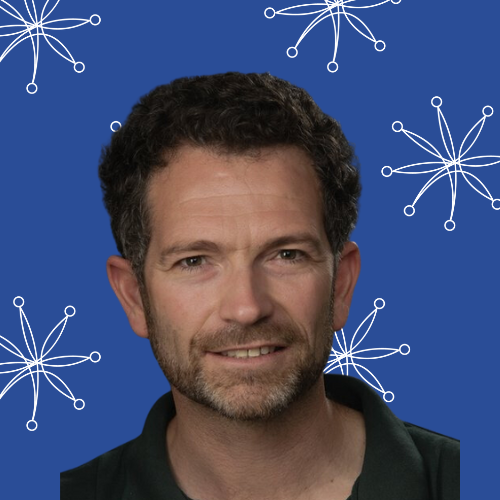
Translational Working Group
Translational Working Group:
Taking ARC’s findings from pipette to point of care
Andrea Beaton
Rachel Sarnacki
Co-Chair
Michael Levin
Jonathan Carapetis
Co-Chair
Ganesan Karthikeyan
Program Manager
Member
Scott Tebbutt
Member
Nikki Moreland
Member
Member
The Translational Working Group (TWG) is dedicated to transforming scientific discoveries into tangible health solutions. By focusing on strategic planning and collaboration, the TWG aims to ensure that innovations progress seamlessly from the research phase to practical application. The leadership of this group consists of: Andrea Beaton and Jonathan Carapetis as Co-Chairs, Rachel Sarnacki as Program Manager, and Ganesan Karthikeyan, Mike Levin, and Scott Tebbutt as Members of the working group.
Leadership Team:
Co-Chairs: Andrea Beaton & Jonathan Carapetis
Program Manager: Rachel Sarnacki
Members: Ganesan Karthikeyan, Michael Levin, Scott Tebbutt
Key Outputs:
Landscape Assessment: Conducting comprehensive evaluations of both market and non-market environments to identify opportunities and challenges in the translational landscape
Stakeholder Mapping & Advocacy Planning: Identifying and engaging key stakeholders, while developing strategic advocacy plans to support the translation process
Partner and Advisor Outreach: Scoping and reaching out to potential partners and advisors who can contribute expertise and resources to the translational efforts.
Preferred Product Characteristics: Defining the desired attributes and specifications of the product to guide development and ensure alignment with market needs.
Partnership & Outcome Criteria: Establishing criteria for selecting partners and measuring outcomes to ensure successful collaborations and impactful results
Development Pathway (Pipeline): Mapping out the stages of product development, from concept to commercialization, to ensure a structured and efficient process.
Business Plan & Pitch Deck: Creating comprehensive business plans and compelling pitch decks to attract investment and support for the translational initiatives
Partnership Agreement: Drafting clear and mutually beneficial partnership agreements to formalize collaborations and delineate roles and responsibilities
Through these strategic outputs, the TWG aims to facilitate the seamless transition of research innovations into practical applications, ultimately improving health outcomes and advancing scientific progress.







